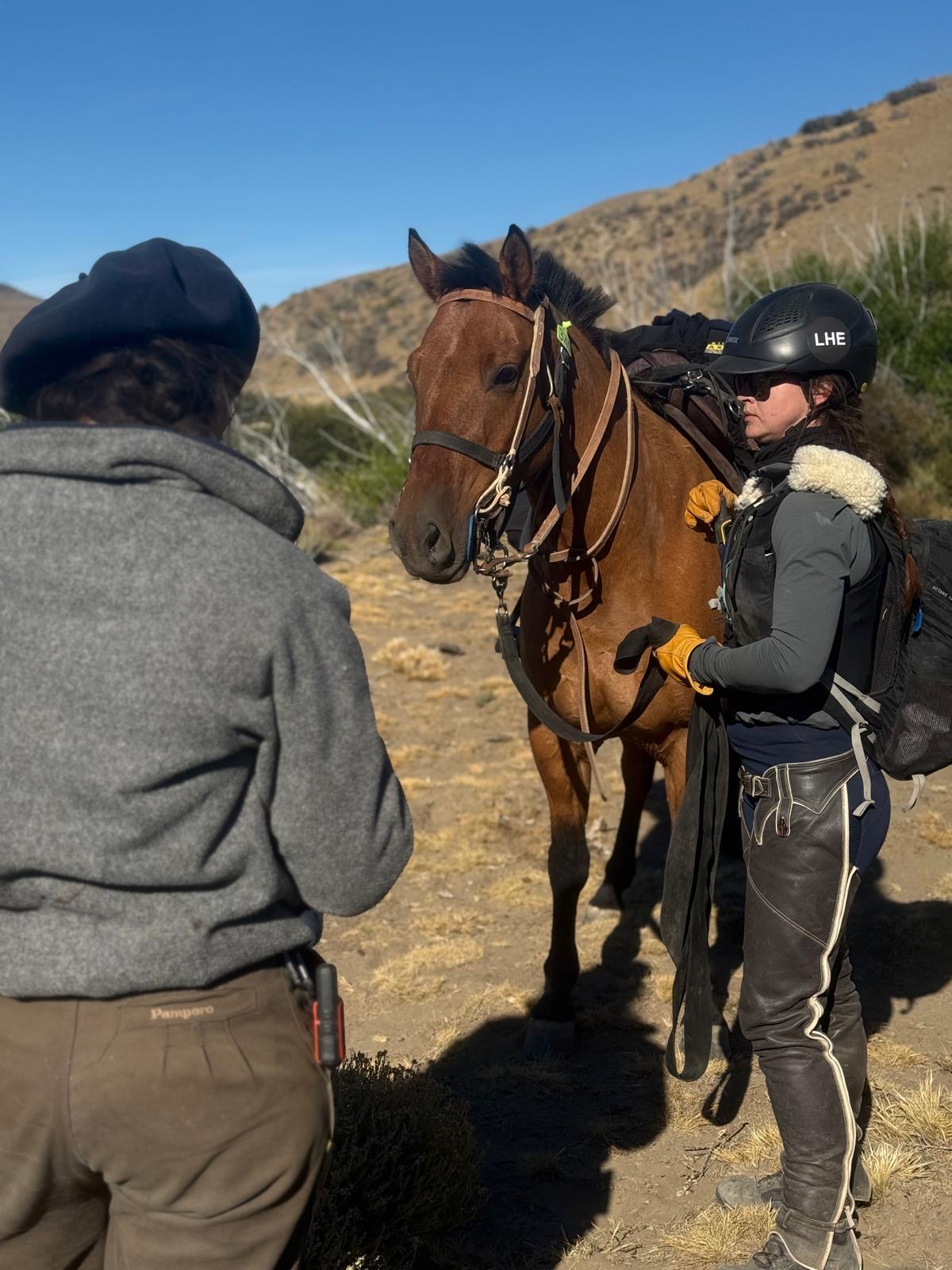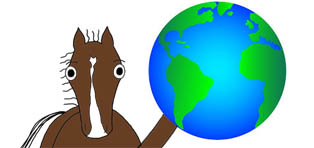Horsetalk.co.nz
A US-registered rider who rode in an endurance event in Qatar has been suspended for six months and fined 2000 Swiss francs after his mount tested positive for a prohibited substance.
The rider, Bilal Bassam Al Kharraz, had ridden Ia Aladdin in the CEI 1* event in Doha on March 25.
The horse tested positive for harpagoside, an anti-inflammatory drug with painkilling effects. It is classified as a Controlled Medication under the FEI Equine Prohibited Substances List.
No valid veterinary form exists for its use in horses.
Neither Al Kharraz, nor the owner of the horse, took up the option to have the B sample tested.
Al Kharraz wrote to the tribunal saying he did not know how harpagoside was given to the horse.
“I wasn’t at all involved with the horse’s preparation,” he said. “I know that from the FEI rules I am the Person Responsible and I should take all the sanctions concerning this positive case, but I just came to compete with this horse as requested by the trainer four days before the competition.
“I wasn’t worried about competing for Al Shaqab stable because they have a good reputation and the last time they had a positive case was on 22/02/2014 (3 years ago) with In Situ.
“I would like to cooperate but I prefer that the trainer Mr Khalid Sanad Al Nuaimi give you a complete explanation of what happened because he knows the full story and that’s why he cancelled the B-Sample analyses.
“I hope that you understand my situation and I am ready to cooperate.”
The FEI, in its submission, explained the rationale behind the FEI’s policy of making the rider the Person Responsible, citing a previous decision.
It believes that making the rider responsible is necessary to protect the welfare of the horse, and to ensure fair play. It incentivises riders to ensure compliance with the rules, whether by caring for the horse personally or by entrusting that task only to third parties who are up to the job. It requires the rider to be vigilant over their horse’s preparation for competition, including any treatments given.
In a further submission, Al Kharraz told the tribunal that his stabled horse had been healthy, with no signs of injury that would have required medication.
He said he inquired and found there were horses being spelled in the stable who were receiving a supplement called Arti-Gold, which lists on its label that it contains Harpagophytum procumbens (devil’s claw). It states that this is on the FEI doping list and recommends another product for horses in line to be drug-tested.
Al Kharraz said he believed that the horse somehow got access to the product in the days prior to him competing in the event.
He acknowledged his previous controlled medication case, which arose from a “lack of awareness”, and explained that he always tried to check as much as possible before riding.
The FEI said it was satisfied that Al Kharraz had shown how the substance had entered the horse’s system. It noted that he had been cooperative, and that neither Al Kharraz nor the FEI had managed to reach the trainer in order to be provided with further information.
It said a reduction in penalty might be applicable, given the precautions Al Kharraz had taken – checking with the national federation, assessing the fitness of the horse before the event, and checking with the stables, from which he had ridden several horses in the past.
Chris Hodson, QC, sitting as sole arbitrator in the case, said he was satisfied that Al Kharraz had shown how the substance entered the horse’s system.
He noted the checks undertaken by Al Kharraz ahead of the event and acknowledged the FEI’s view that a reduction might be warranted.
However, the expected duty of care is high. He said Al Kharraz had clearly failed to ensure that the horse’s diet was kept separate from the non-competing horses’ feed.
Even if the trainer or grooms had been careless in giving the horse feed containing harpagoside, it was still the responsibility of Al Kharraz to ensure that the horse did not ingest any prohibited substances, Hodson said.
The warning on the product had been very clear, he added.
He ruled that no reduction in suspension was warranted in the case.
Al Kharraz was suspended for six months, meaning he will be ineligible to compete through to April 24 next year. He was fined 2000 Swiss francs and ordered to pay 1000 Swiss francs towards the costs of the judicial procedure.
Full article at horsetalk.co.nz
Gaucho Derby – Race Day 7 – Six Strong. One Shot.
Equestrianists.com - Full Story Stevie Delahunt 25th February 2026 Ooooh, is this ever shaping up to be a photo finish. Thanks to a diab...

-
Inside.fei.org 17 December 2020 The FEI Board took a series of key decisions on allocation, cancellation, and reopening of bids for FEI C...
-
Michael Pollard was one of the four winners of the 2025 Mongol Derby (Kathy Gabriel) Ca.News.yahoo.com - Full Article Annabel Grossman ...
-
BNA.bh - Full Article 17 Aug 2025 London, Aug. 17 (BNA): His Highness Shaikh Nasser bin Hamad Al Khalifa, Representative of His Majes...

